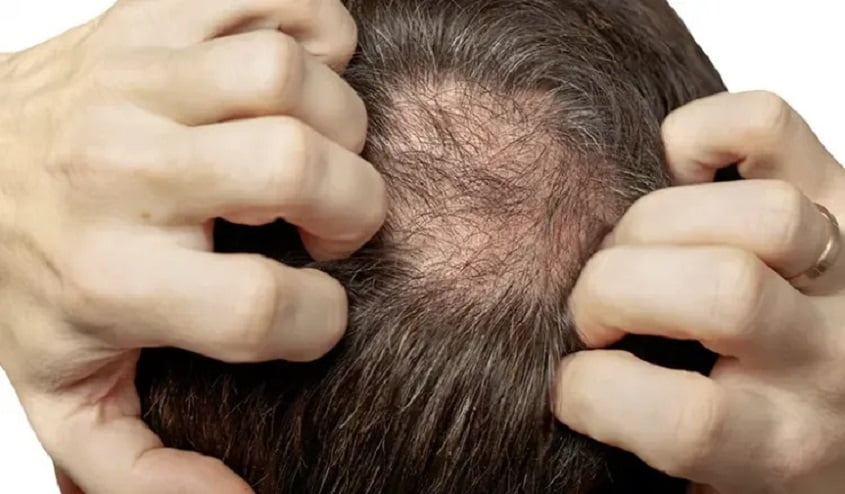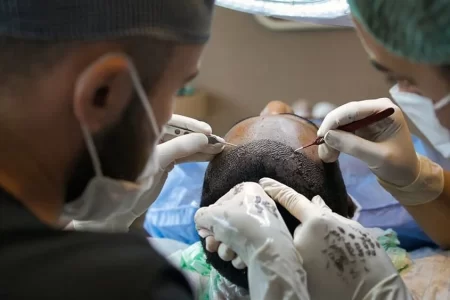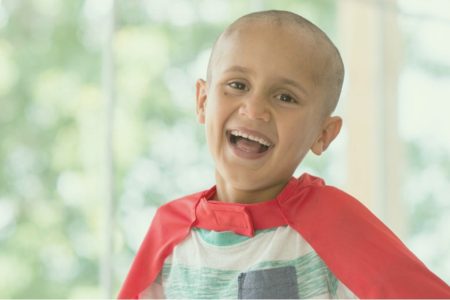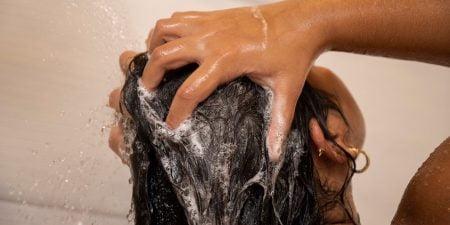Effective Treatment for a Permanent Hair Loss
- Updated on: Nov 25, 2024
- 3 min Read
- Published on May 19, 2023

Hey there! Although experiencing hair loss can be difficult, there are many effective treatments. With the help of these treatments, you feel more confident and enhance your quality of life. Here we’ll look at some of the best permanent hair loss remedies. So read on to learn more about the causes of permanent hair loss and the possible treatments, including surgical treatment, the best hair transplant in London and other treatments such as medical lifestyle changes and more.
Understanding the Permanent Hair Loss Causes
Alopecia, or permanent hair loss, may be brought on by many things, including genetics, hormone imbalances, autoimmune diseases, and some drugs. Finding the proper therapy requires determining the underlying reason. Your doctor’s advice can help you identify the underlying reason for your hair loss and suggest the best course of action.
Medical Treatments for Permanent Hair Loss
Medical treatments for permanent hair loss include prescription medications and supplements that can help stimulate hair growth and prevent further hair loss. Minoxidil, finasteride, spironolactone, and corticosteroids are some of the most commonly prescribed medications. Your doctor may recommend these medications based on the cause and severity of your hair loss.
A topical substance called minoxidil is given directly to the scalp to promote hair growth. DHT is a hormone that can lead to hair loss, and finasteride is an oral drug that can help lower the amount of this hormone. Another drug that can inhibit androgen receptors and lower DHT levels is spironolactone. Injecting corticosteroids into the scalp will lessen irritation and encourage hair growth.
Surgical Solutions for Long-Term Hair Loss
The two most popular surgical procedures for treating permanent hair loss are scalp reduction surgery and hair transplant surgery. In a hair transplant treatment for FUE, healthy hair follicles are taken from one region of the scalp and moved to a bald or thinning area of the scalp. This process yields a durable and realistic-looking outcome. A scalp reduction procedure entails removing the bald or thinning area of the scalp and stretching the surrounding skin to cover the area. This procedure can be effective for individuals with a small bald or thinning area.
It’s critical to remember that hair transplant surgery is a serious process that needs a qualified and experienced surgeon. Before undertaking this treatment, make it is essential to do your homework and consult a reliable surgeon like Dr Manish Mittal at Mittal Hair Clinic.
Alternative Medicine for Permanent Hair Loss
Hair fibres, hairpieces, and scalp micro pigmentation are non-surgical therapies for permanent hair loss. The scalp can be tattooed using a process called scalp micro pigmentation. The illusion of fuller hair is produced by tiny fibres called hair fibres, which stick to existing hair. Wigs and toupees, two types of hair extensions, can be manufactured specifically to match your natural hair and give you the illusion of having more hair.
Non-surgical procedures can stop hair loss quickly and easily but do not work long-term. Hair fibres and scalp micro pigmentation can take a long time to apply and may not provide a natural-looking outcome. Hair extensions can be difficult to wear and may not be appropriate for those who lead active lives.
Hair Care Advice and Lifestyle Changes to Prevent Permanent Hair Loss
The process of irreversible hair loss can be slowed down or prevented with lifestyle modifications and hair care advice. A few of them include a balanced diet, lessening stress, avoiding harsh hair treatments, and utilising mild hair care products. It’s also possible for your dermatologist or doctor to suggest vitamins or supplements that support strong hair development.
Protein, iron, and vitamin C-rich foods can promote healthy hair development. Because stress can cause hormonal imbalances contributing to hair loss, lowering stress levels can also help prevent hair loss. Additionally, avoiding harsh hair treatments like bleaching and perming might lessen the risk of hair thinning and damage. Sulfate-free shampoos and conditioners can help maintain healthy hair by being gentle.
Managing the Psychological and Emotional Repercussions of Permanent Hair Loss
It’s crucial to control permanent hair loss’s psychological and emotional repercussions to enhance your quality of life. Your confidence, social relationships, and sense of self can all suffer from hair loss. Getting help from family and friends, establishing support networks, and going to counselling or therapy can help you cope with hair loss’s emotional and psychological effects. It’s crucial to remember that hair loss is a typical ailment many people experience. By seeking expert assistance and support, you can better manage hair loss’s emotional and psychological repercussions and enhance your general well-being.
Sum up
Effective remedies for permanent hair loss include medications, surgical procedures, non-surgical procedures, lifestyle modifications, and hair care advice. You may reclaim your confidence and enhance your quality of life by comprehending the underlying reasons for hair loss, getting expert medical guidance, and managing the emotional and psychological impacts of hair loss. Remember that you have alternatives, so don’t be afraid to ask your doctor or dermatologist for assistance and guidance.












